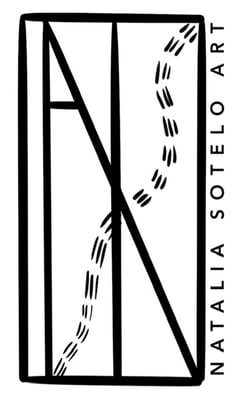Influence: “The Psychology of Persuasion”
Robert B. Cialdini the author of “Influence, New and Expanded: The Psychology of Persuasion” outlines various ways you can use your language and actions to alterate people’s behaviors and choices. Cialdini writes about examples where he researched why people acted the way they do. For instance, he goes into depth about a behavioral rule called reciprocity. The rule outlines that small gifts or actions given to others often come with an unspoken dynamic where the person who received the gift feels indebted, even though the gift-giver did not ask for anything in return. This feeling of indebtedness is so strong that it feels more like an oblication, as Cialdini says: “By virtue of the reciprocity rule, then, we are obligated to the future repayment of favors, gifts, invitations, friendly actions and the like.” The reciprocity rule can be seen throughout many cultures and countries, as languages can reveal how ingrained it is in our systems. For instance, the “phrase such as “much obliged” has become a synonym for “thank you” not only in the English language but in other languages as well (such as with the Portuguese term obrigado). This demonstrates how humans unconsciously have the need to “return” the favor, even in situations where it might not be beneficial to them.
This reciprocity rule also can apply to marketing, as we are all familiar with free sampling. This is a marketing technique that has been effective in attracting potential customers by gifting them free samples so they can test out the product and see if they like it. Although technically the customer is not obliged to end up buying the product, the reciprocity rule will come into play on its own and subconscously influence the customer into needing to buy one of the products. An example given by Cialdini is that in a candy shop, researchers examined the buying patterns of clients who either got a free candy as they came in, or didn’t. The clients who got the candy were actually 42% more likely to buy from the shop. This can also be seen in supermarkets, particularly Costco, which is known for their free food samples. Even though it might seem giving product away is creating less profit, the reciprocity rule ends up creating an increase in sales figures.
This effect if further exacerbated when the gift is customized “to the recipient’s current needs or preferences.” As the person can acknowledge that the gift took more effort, and thus they will feel more indebted to return the favor.
To think about this in marketing terms, I think it is useful to help any product increase in sales. The reciprocity rule will allow you to understand that gifting customers free product samples is not a method to lose money, but to gain money. Once knowing your audience, and who responds to your products, you can further customize your gift to increase the reciprocity rule. Learning about various ways to notice human behavior during the sales process can make you think outside of the box about how to get your clients more engaged in your projects.

